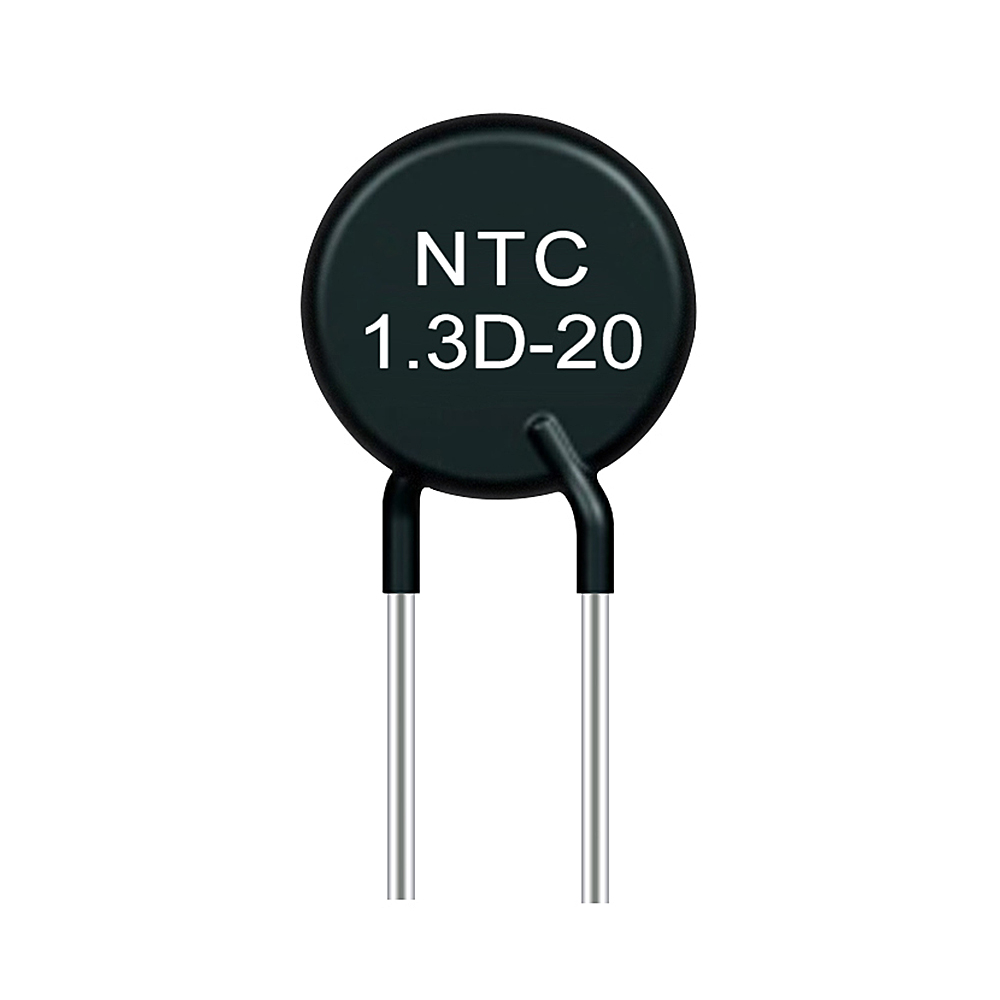Feb. 20, 2024
NTC (Negative Temperature Coefficient) thermistors, along with PTC (Positive Temperature Coefficient) thermistors, are temperature-sensitive components exhibiting varying resistance at different temperatures. In a switching power supply application, NTC thermistors play a crucial role in circuit protection. Here are some essential considerations:
Under normal operation, a specific current flows through the power NTC thermistor, elevating its surface temperature, often surpassing 100°C. Upon shutdown, the NTC thermistor must transition from a high-temperature, low-resistance state to a normal-temperature, high-resistance state for effective surge suppression. The recovery time depends on the thermistor's dissipation coefficient and heat capacity. Longer cooling time constants imply extended recovery times, potentially compromising protection under frequent switching conditions.

Ensure that the power NTC thermistor operates within its rated temperature range to prevent product failure or damage. Deviating from specified temperature limits, especially in high or low temperature environments, can lead to performance degradation. The thermistor's steady-state current rating at room temperature (0-25°C) serves as a crucial reference. Linear derating of the rated current to zero occurs under extreme temperature conditions. Thus, when operating outside the room temperature range or in environments generating excess heat, adherence to current reduction curves becomes imperative.
This article is provided by JYH HSU (JEC) Electronics. JEC is a research, development, production, and sales-oriented company specializing in manufacturing and selling various electronic components such as capacitors and resistors.

Application Fields and Prospects of Super Capacitors
Feb. 20, 2024

Thermistor Failure: Short Circuit or Connection
Feb. 20, 2024

Safety Capacitors in Rice Cookers
Feb. 20, 2024
+86 181 2299 5593
+86 18122995593
+86 769 8831 3605
Beside Luchong Bridge, Hou Road, Caibai Village, Daojiao Town, Dongguan, Guangdong, China
Navigation